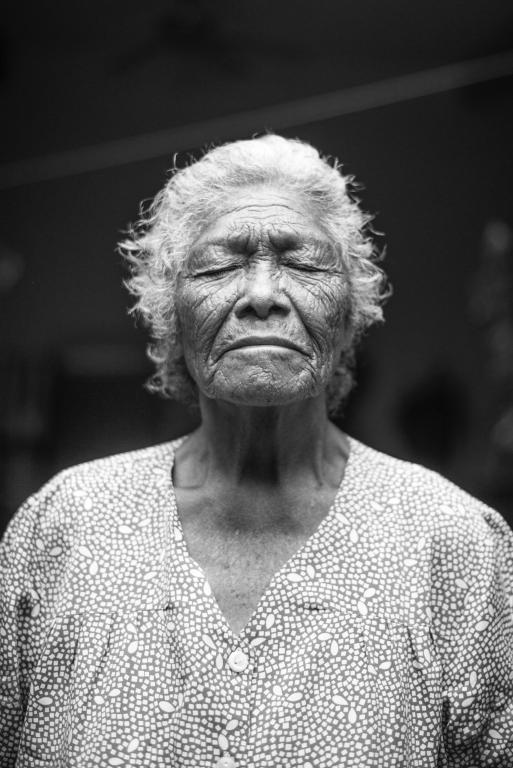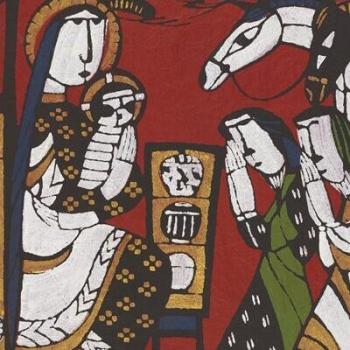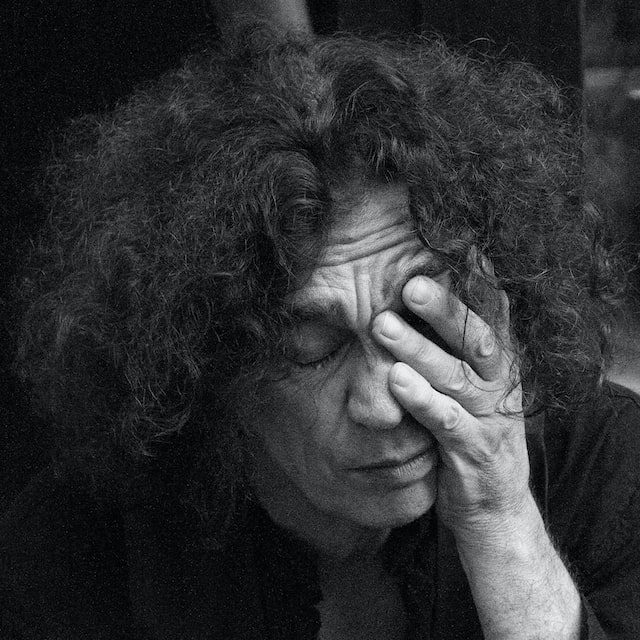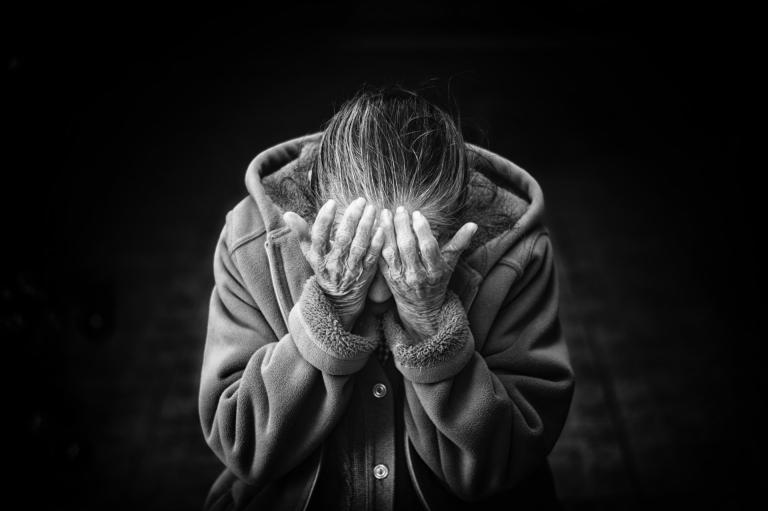No challenge takes us to that thin, fragile place in life like the neurological illnesses that rob us of speech, thought and motion, including dementia and Alzheimer’s. When it strikes our loved ones, it is even difficult to grieve their loss. Some of us grieve that loss when the illness strikes. Some of us grieve when they leave us physically. Some grieve in both moments, not quite sure what to do. Others encounter “disenfranchised grief” and never quite find the time or opportunity to grapple with their loss.
There are only two certainties: One is that there is no “right way” to grieve such losses, but there needs to be space for grief. The other certainty is that God is present to us and to those we love, whatever appearances might suggest.
The Apostle Paul knew nothing of neurological illnesses, but he knew the power of God:
What is sown is perishable, what is raised is imperishable. [The body] is sown in weakness, it is raised in power. It is sown a physical body, it is raised a spiritual body. (1 Co 15:42-3)
The Corinthians needed to hear this and, for different reasons today, we do, too.
The Corinthians struggled with the idea of the body being raised and re-enlivened. Culturally, they were prepared to resist the idea – not because they believed that God was unable to do it, but because they often viewed the body as a burden, a vehicle for something more noble. They also found it hard to imagine a version of the body that God would bother renewing. Would it be young? Would it be old? Would it be perfect? Or would it bear the marks of human frailty? Why a body at all?
As far from our own day as those first century Corinthians are, we find ourselves in much the same place. But our own misgivings are shaped by an even more intimate knowledge of the physical, genetic, and chemical factors that makes it impossible for us to continue giving expression to the love and life that live when diseases like Alzheimer’s and dementia strike.
Why would God reclaim that body? Why not abandon it for an idealized version of the people we all came to know and love?
The answer, I think, and the answer that Paul would offer is this: We are all God’s embodied creation, brought into life in specific places, shaped in a hundred and one ways by the way that we navigate that embodied existence, and nurtured as beings who cannot be subdivided into the physical, emotional, and spiritual dimensions of that journey, no matter how helpful those categories may be. When those we love are lost to us through illnesses that rob them of memory and connection, that is – in part – why grieving their loss is so complicated. But that is also why the gift that we are to one another is thread-through with so much grandeur and subtlety.
The light in the eyes of one lost to us is not a separate, disembodied spirit, but one shaped and empowered by the lives they live and the relationships they forged with us. A love of dancing, the delight that someone takes in arranging flowers or working with wood, the beauty of someone’s smile – all these things and more represent the habits of the heart and a way of being in the world that were worked out in and given expression in and through our bodies.
This is why in talking about the Resurrection, then, that Paul tells the Corinthians it is not just about endless life, but about the Resurrection of the body, enlivened by the Holy Spirit. A body which is raised to participate fully in the life of Christ and in the gifts and graces that God has given us – a body that is recognizably each of us, but in all the radiant glory that God has always longed to give us. A body in which we will each be at one with God, at one with one another, sharing in the life that God intended to give us from the foundations of the earth.
It is also the reclamation of that which God has created. As such, then, the Resurrection is not just about us and our destiny. More centrally it is the vindication of Christ’s claim to be God’s Son and God’s claim to be the creator of life.
It is into that life that God has gathers those lost to us, restoring the gifts they were given and the gifts that they gave. And we will see them again, because in Christ, God has triumphed over death, which is the last enemy.
God of all mercy,
Your daughters and sons relied on word and memory,
And ventured far and wide,
Employing the faculties that you have gave them.
Their memory faded and words escaped them.
But you are the One who formed them,
The One who knew and named them before their birth,
The One who watched over them as their consciousness took shape,
The One who led and cared for them over the years.
So, receive now, we pray, those who are lost to us.
Restore their memories and gifts, their smiles, and their steps.
Remind those of us who love them of the place that they still occupy in our hearts,
Help us to imagine what they can no longer say.
Help us to imagine the touch that they can no longer offer.
Lift us up in the hope that we will see one another again.
And embrace us all, across that divide,
which cannot resist the power of the Resurrection.
Amen.
Photo by Danie Franco on Unsplash













